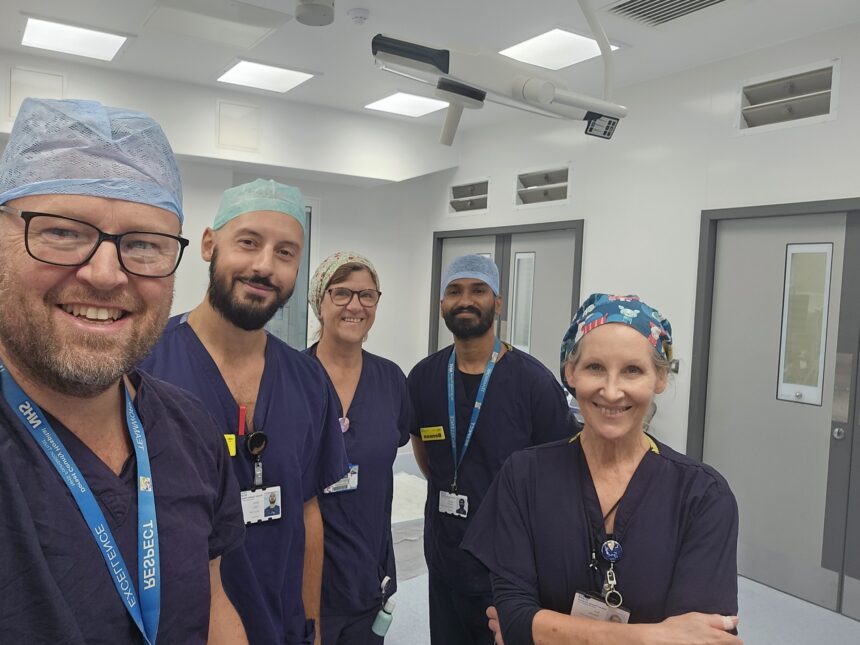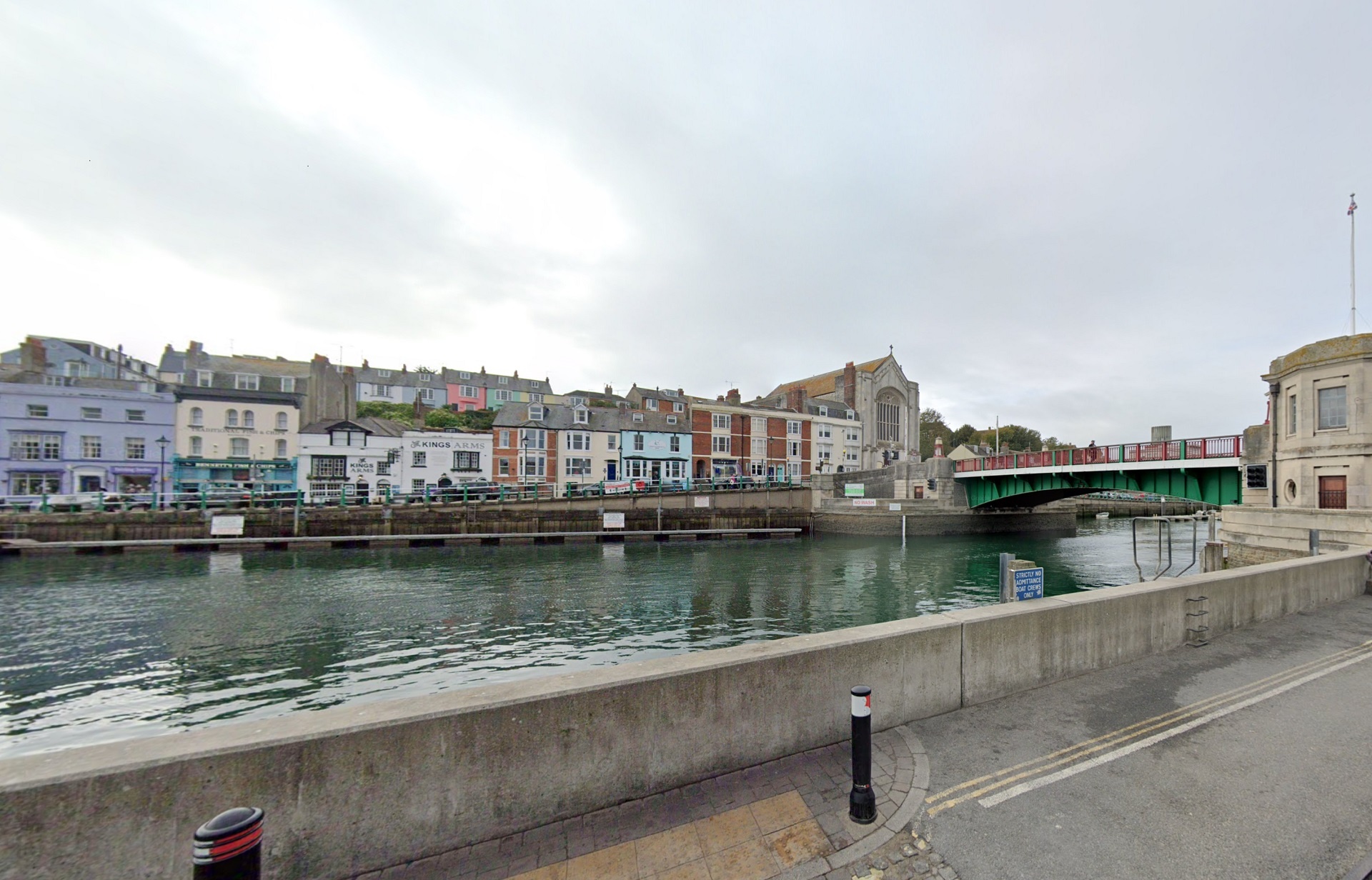A procedure room at Dorset County Hospital (DCH) has been transformed into a full operating theatre for Special Care Dentistry and other surgeries.
The £2million project was jointly funded between DCH and NHS Dorset, which commissions the Special Care Dentistry service provided by Somerset NHS Foundation Trust at the main hospital site.
The space within main theatres was originally used for smaller procedures that were carried out under local anaesthetic. Upgrading the room to become an operating theatre allows DCH specialties to perform ear, nose and throat, gynaecology and orthopaedic procedures, as well as general surgeries.
It also gives Special Care Dentistry additional theatre capacity for operations, which will help reduce waiting times for patients. The service provides dentistry care for adults and children with additional needs, including people with learning disabilities and mental health, medical or physical health issues.
Anita Thomas, Chief Operating Officer at Dorset County Hospital, said:
“We’re committed to reducing our waiting times for surgery and treating patients as quickly as we can. We’re delighted to have worked with NHS Dorset and Somerset NHS Foundation Trust to create additional operating theatre space in the main hospital. It will give our specialty teams more general anaesthetic theatre time and Special Care Dentistry more space for procedures, which will ultimately help improve people’s quality of life.”
Daniel Rawles, Somerset NHS Foundation Trust’s Deputy Service Manager for Primary Care Dental Services (Dorset and Somerset), said:
“We are pleased to be working with our NHS colleagues in Dorset to increase the capacity of our dental operating space, which will benefit some of our most vulnerable Dorset patients who need dental treatment under general anaesthetic.
“We know that, for various reasons, dentistry has been a hot topic nationally for some time, and our patients in Dorset have also experienced these challenges. While this additional capacity will not solve all the challenges of waiting lists for our most vulnerable patient groups, or prevent them from needing a general anaesthetic in the first place, we’re confident that it will make a difference to those who are currently waiting.”

Staff in the new theatre. Image credit: Dorset County Hospital















